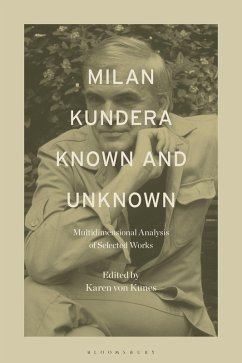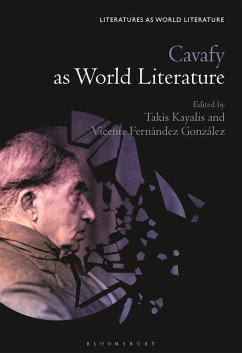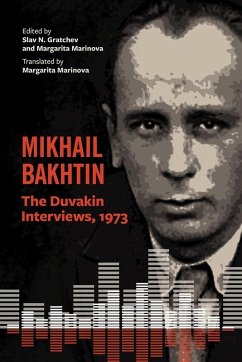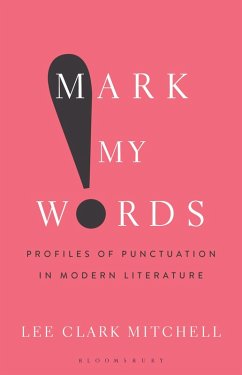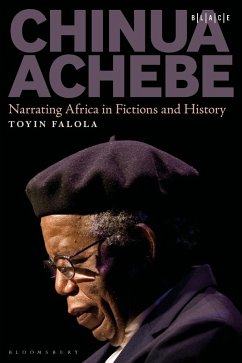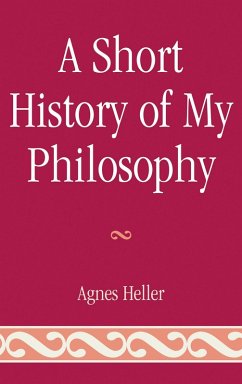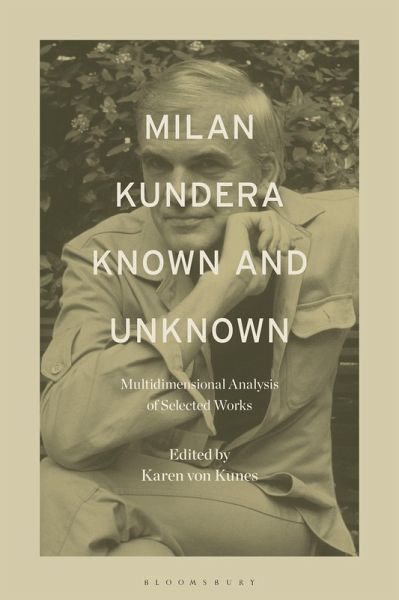
Milan Kundera Known and Unknown (eBook, PDF)
Multidimensional Analysis of Selected Works
Redaktion: Kunes, Karen Von
Versandkostenfrei!
Sofort per Download lieferbar
74,95 €
inkl. MwSt.
Weitere Ausgaben:

PAYBACK Punkte
37 °P sammeln!
This collection of essays offers crucial and luminous insights into one of the best-known Czech authors, Milan Kundera, including his lesser known works. With essays that focus on Kundera's poetry and plays, his last four novels written in French, and his nonfiction writings on the novelistic form and translation, Milan Kundera Known and Unknown explores the complex and productive career of this globally recognized author. The approach begins by examining Kundera's distinctive literary style, and then how his voice radiated outward from the small communist country of Czechoslovakia to the worl...
This collection of essays offers crucial and luminous insights into one of the best-known Czech authors, Milan Kundera, including his lesser known works. With essays that focus on Kundera's poetry and plays, his last four novels written in French, and his nonfiction writings on the novelistic form and translation, Milan Kundera Known and Unknown explores the complex and productive career of this globally recognized author. The approach begins by examining Kundera's distinctive literary style, and then how his voice radiated outward from the small communist country of Czechoslovakia to the world. Starting as a poet and playwright, Kundera transcended the Czech literary scene and rose to global prominence with his novelistic style of variations, paradoxes, humor, and clairvoyance into human relationships mixed with political tensions. His multi-dimensional existential topics introduced complex novelistic characters that have reached a large audience and remain evocative. Kundera also critically commented on creative works - his own and of others - thus contributing a unique approach to a specific aesthetic ideal and within the masterworks of world-renowned authors. Chapters on Kundera's aesthetics and form, his philosophical leanings, his relationship to the burgeoning concept of "world literature," and translations of his writings offer new perspectives on his life's work. These insights shed light on Kundera's understudied works, such as his early poetry and his recent French novels, making connections between his early and later writing, and cementing his literary legacy for English-language audiences.




